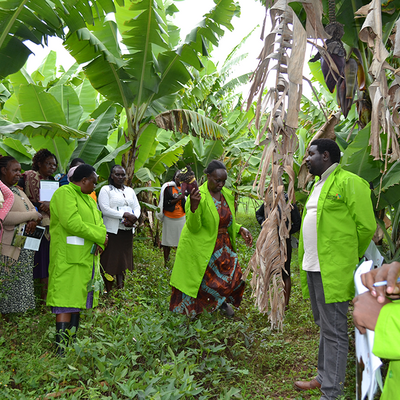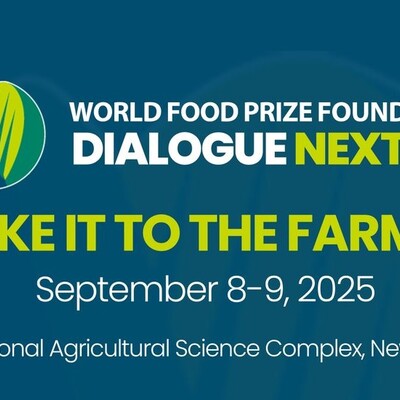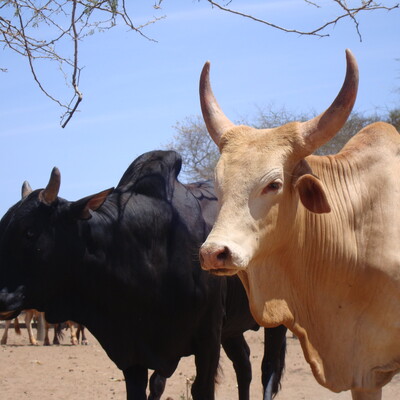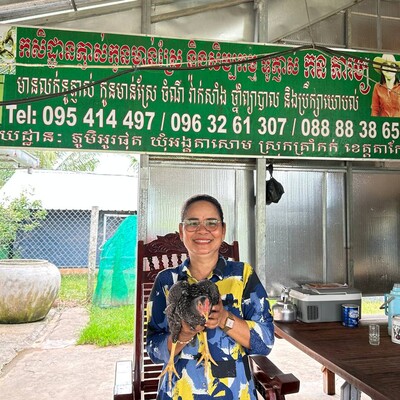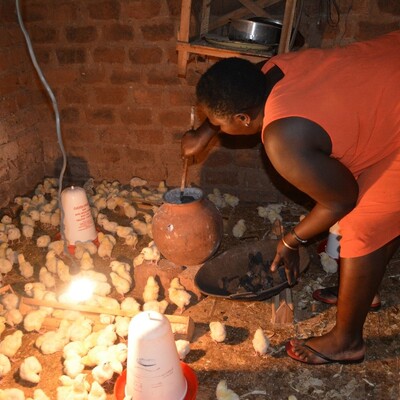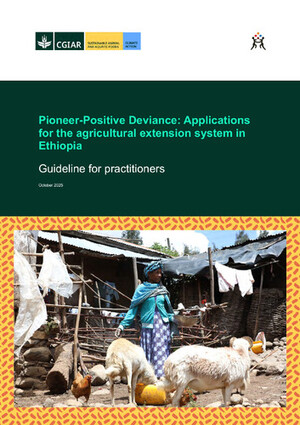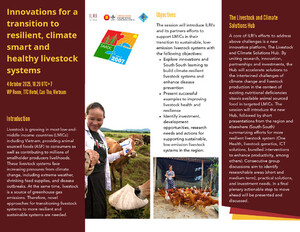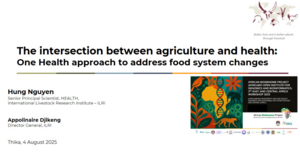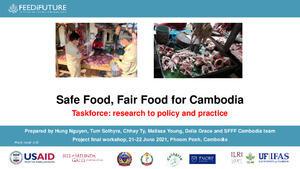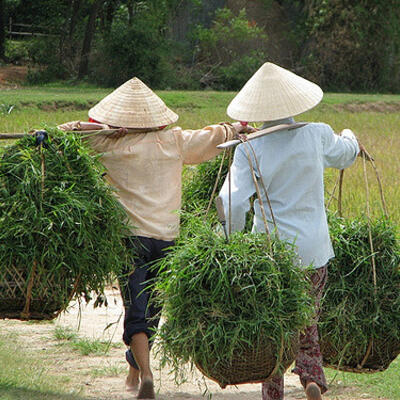
A world where livestock are part of the solution—Ethiopia state minister

Ethiopian girl drinking milk produced by the family cow (photo credit: Africa Rising).
The recent EAT-Lancet Commission report includes many valid points about livestock, but misses an opportunity to contextualize diverse food production systems outside rich, developed countries.
This opinion piece was written by Gebregziabher Gebreyohannes, Ethiopia’s state minister for livestock and fishery and a board member of the International Livestock Research Institute (ILRI).

Dr Gebregziabher Gebreyohannes, Ethiopia’s state minister for livestock and fishery (photo credit: ILRI).
‘. . . Ethiopia, once a byword for hunger and want, has in recent decades become a dynamic success story, a leader in the fight against both poverty and malnutrition. In that achievement, livestock figure prominently.
Our cows, sheep, goats, chickens, camels and other animals are bringing wealth to all actors in the livestock value chain, especially rural women who lack other opportunities to make money.
They also create jobs for rural youth.
And for our children, an egg or a cup of milk a day can make all the difference, helping to prevent stunting and the life sentence of cognitive deficits.
‘It’s something I think about every day: How to produce a healthy mix of food for a growing population, without exhausting our natural resources and intensifying climate change. So I was delighted to see that this week, experts are gathering in Addis Ababa to discuss a recent report by the EAT-Lancet Commission focused on sustainable food production systems.
‘The report’s assessment of the role of livestock includes many valid points, about diets and particularly about climate change. It is to be lauded for bringing attention to these concerns and to the urgent need for sustainable, nutritious food choices.
‘But it reflects a tendency I often see when discussing Ethiopia’s livestock ambitions with European or American colleagues: a view of livestock that ranges from the ambivalent to sharply negative. It thus misses an important opportunity to contextualize the diverse food production systems that characterize much of the world outside of the rich, developed countries.
Ethiopians consume on average a tenth as much meat as people in developed countries, so moderate increases in milk and meat consumption create an opportunity to improve malnutrition and stunting, a major commitment of ours, as set forth in the Seqota Declaration.
‘The report is certainly a step in the right direction, but it is not as global in its outlook as it could be. For example, it notes the potential of eggs to reduce stunting and asserts that many Africans, might benefit from more “animal source protein.” But it could say more about how, in the developing world, milk, meat and eggs are necessary ingredients in the sustainable, healthy diets that we all strive for, and that they support the livelihoods of millions, across Africa and Asia. . . .
The report does an excellent job of highlighting the challenges to the world’s food production system, but it understates the ways that livestock can help achieve the goals that we all share.
If we want to build a more sustainable global food system, we need a fuller appreciation of the diversity of those systems, including ones with livestock.
‘My hope is that the report, given the attention it’s receiving, can provide an opening for a more productive exchange on the role of livestock in the developing world. In fact, I’d like to invite you to take a drive in the Ethiopian countryside.
You will see a world where livestock are not part of the problem.
They are part of the solution.
‘It’s a much larger, more complex and promising world than the one depicted in the report.’
Read the whole opinion piece by Gebregziabher Gebreyohannes at Thomson Reuters Foundation News: Healthy sustainable diets for all: A view from Ethiopia, 7 Feb 2019.
Related article
Healthy diets and sustainable food systems for all: A differentiated approach for animal-sourced foods (ASFs), by Shenggen Fan, director general of the International Food Policy Research Institute, IFPRI blog, 25 Jan 2019.
For more information
Microsite: Why Livestock Matter
World Economic Forum-ILRI white paper: Meat: The Future Series—Options for the Livestock
Sector in Developing and Emerging Economies to 2030 and Beyond, Jan 2019






